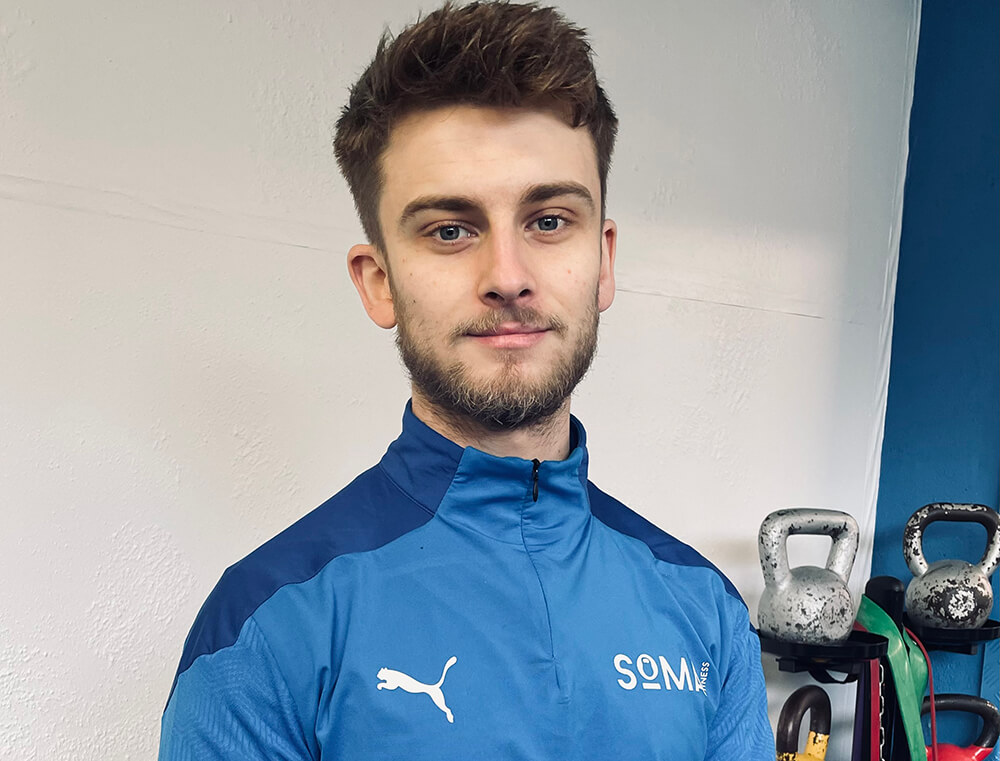Personal Training Tips | Build Lasting Motivation For The Gym
Our personal trainers say: ‘You don’t need motivation, you need discipline!’ Scroll through the fitness pages of social media and quickly you will come across this misguided comment. In reality, when trying to build long term habits, there’s only one significant factor that will influence whether this habit will stick in the long run. This factor is called intrinsic motivation. (Texira, 2012)
Intrinsic motivation can be defined as the innate, natural propensity to engage one’s interests and exercise one’s capacity, and in doing so, seek and conquer optimal challenges (Deci and Ryan, 1985). In other words, intrinsic motivation is enjoyment derived the process of doing an activity, as opposed to partaking in something solely for the outcome goals. In terms of the gym, this would mean the process of attending the gym would have to be enjoyable, as opposed to only attending for the outcome goals of a more muscular body or heavier squat PR (these being examples of extrinsic motivation). There’s
absolutely nothing wrong with setting these outcome goals, in fact it’s openly encouraged as they can help a great deal but having this extrinsic motivation without a plan on how to build intrinsic motivation for the process of achieving these goals often leads to abandonment of these goals for the vast majority of people.
So how can you build intrinsic motivation if you don’t actually enjoy going to the gym? Well, in there’s 3 psychological needs that need to be fulfilled in order to achieve intrinsic motivation for an activity: competence, autonomy and relatedness (Deci and Ryan, 1985). As a personal trainer, I strive to achieve all three of these needs with my clients. Firstly, I help them feel competent by teaching correct technique and forming exercise plans bespoke to their anatomy and ability, so that they are challenged but not out of their depth. Autonomy is given, as the client is always in control of what the goal of the programme is, as well as what foods they eat, in order to achieve their nutritional targets. Lastly, myself and everyone at Soma help clients build relatedness by creating a welcoming and supportive atmosphere that clients look forward to being part of.
With extrinsic motivation towards New Year’s resolutions often tailing off at this time of year, I hope this article can provide you with the guidance you need to get back on track!
References:
- Teixeira, P. J., Carraça, E. V., Markland, D., Silva, M. N., & Ryan, R. M. (2012). Exercise, physical activity, and self-determination theory: a systematic review. International journal of behavioral nutrition and physical activity, 9(1), 1-30.
- Deci, E. L., & Ryan, R. M. (1985). Cognitive evaluation theory. In Intrinsic motivation and self-determination in human behavior(pp. 43-85). Springer, Boston, MA.
Written By
Coach Shay Ward



Recent Comments